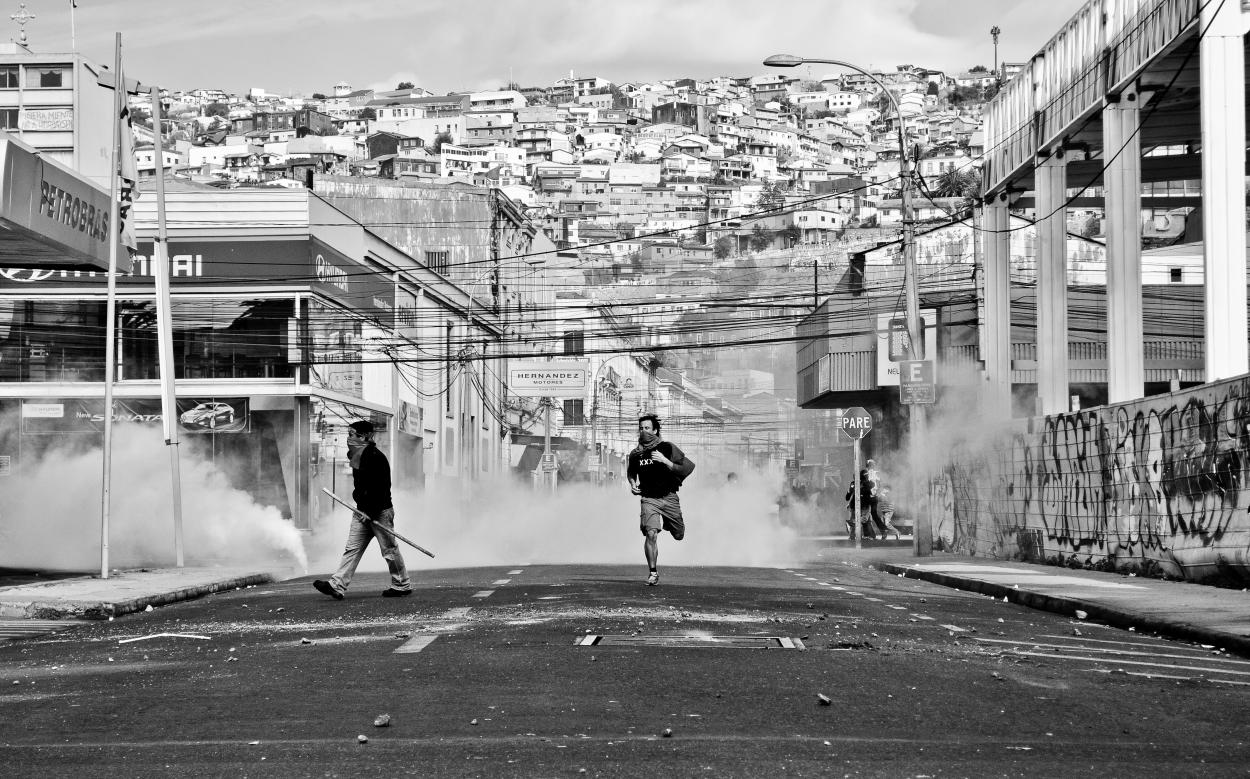A2 – Urbanisation and Climate Security

Non-conflict violence is both a growing public security and development concern, but its implications have not yet been fully understood in the context of climate security. Encompassing a number of forms of ‘civic’ conflict – including gang violence, sectarian conflict and landlord-tenant conflicts – non-conflict violence accounts for the largest share of the global burden of armed violence, and is in large part urban. As urban violence and climate change risks come together in cities to exacerbate human insecurities, this workshop aims to explore the drivers, inter-linkages and implications.
The session refers to research and practice in Central American, African, Middle Eastern and Asian cities, which demonstrate the global nature of urban climate security risks, as well as the need to integrate climate security into urban planning and peace building agendas. The relationship between the broader drivers of urban security risk from climate change such as food insecurity, livelihoods failure and migration will also be discussed. It suggests the potential for interventions tackling climate change risks in urban areas to reduce risks related to urban violence, and for public security initiatives to address the drivers of climate change risks in the context of increased municipal responsibilities for urban climate change and urban security, but also the challenges posed by the weak nature of formal institutions in violence-affected areas.
Picture credit: Flickr/Davidlohr Bueso


